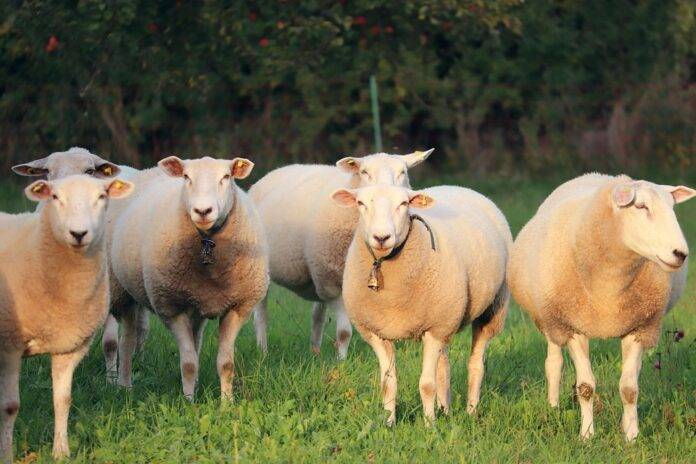Innovations in Sheep Disease Prevention, Vaccination, and Biosecurity
Sheep farming plays a crucial role in agriculture, providing meat, wool, and other products. However, sheep are susceptible to various diseases that can impact their health and productivity. In recent years, there have been significant innovations in disease prevention, vaccination, and biosecurity measures aimed at improving the overall health of sheep and reducing the economic losses associated with diseases.
Advancements in Disease Prevention
One of the key innovations in disease prevention for sheep is the development of new vaccines that target specific pathogens. Vaccines are crucial in protecting sheep from infectious diseases such as foot rot, clostridial diseases, and parasitic infections. Companies such as Zoetis, Merck Animal Health, and Boehringer Ingelheim have been at the forefront of developing innovative vaccines for sheep.
These vaccines help boost the sheep’s immune system, making them more resistant to infections. In addition to vaccines, there have been advancements in the development of diagnostic tools that allow for early detection of diseases in sheep. This early detection enables farmers to implement timely treatment and preventive measures, reducing the spread of diseases within the flock.
Financial Data and Industry Insights
The global sheep vaccine market is estimated to be worth over $500 million, with a projected annual growth rate of 5% in the coming years. This growth is driven by increasing awareness among farmers about the importance of disease prevention in sheep farming. Companies investing in research and development of innovative vaccines are expected to drive further growth in the market.
In addition to vaccines, biosecurity measures have also gained importance in the sheep farming industry. Biosecurity involves implementing protocols to prevent the introduction and spread of diseases within a farm. Companies providing biosecurity solutions, such as disinfectants, quarantine measures, and monitoring systems, have seen increased demand from sheep farmers looking to protect their livestock.
Challenges and Opportunities
While there have been significant advancements in disease prevention and biosecurity for sheep, challenges remain. One of the key challenges is the emergence of new strains of pathogens that may not be effectively controlled by existing vaccines. Companies are constantly innovating to develop new vaccines that can target these evolving pathogens.
Another challenge is the cost associated with implementing disease prevention measures. Vaccines and biosecurity protocols can be expensive for small-scale sheep farmers, limiting their ability to protect their livestock effectively. However, there are opportunities for collaboration between government agencies, research institutions, and private companies to develop cost-effective solutions for disease prevention in sheep.
Future Outlook
The future of disease prevention, vaccination, and biosecurity in sheep farming looks promising, with continued investments in research and development driving innovation in the industry. As awareness about the importance of disease prevention grows, more farmers are expected to adopt preventive measures to protect their sheep from infections.
Overall, the advancements in disease prevention, vaccination, and biosecurity have had a positive impact on the sheep farming industry, improving the health and productivity of sheep. Companies in the veterinary pharmaceuticals and biosecurity sectors are well-positioned to capitalize on the growing demand for innovative solutions in sheep disease prevention.




